First Degree Av Block Treatment
First degree av block treatment. But if your condition is more serious a doctor may give you an artificial pacemaker. For patients with marked first-degree AV block PR interval 300 msec however. Your healthcare provider may ask you to have regular follow-up visits.
As described above the EKG is a valuable tool. The goals of therapy are to treat symptoms and to prevent syncope and sudden cardiac death due to very slow or absent ventricular rates. The first line of treatment is to stop all AV-nodal blocking medications.
This type of first-degree AV block often progresses to third-degree complete AV block and therefore necessitates an artificial pacemaker. While discontinuing these medicines may improve AV conduction they are not likely to completely reverse a clinically significant AV block. No further work-up is necessary except if it is associated with other infections cardiac disease metabolic derangement or drug toxicity.
Prophylactic antiarrhythmic drug therapy is best avoided in patients with marked first-degree AV block. First-degree heart block usually doesnt need treatment. First degree AV block is usually picked up during a routine ECG and doesnt usually cause any problems.
Thats a device that sends an electrical. What are the complications of first-degree heart block. In general no treatment is indicated for asymptomatic isolated first-degree atrioventricular AV heart block.
This lengthening of the PR interval is caused by a delay in the electrical impulse from the atria to the ventricles through the AV node. Most people do not. Marked first-degree AVB can cause lowered tolerance to exercise and can have effects similar to those caused by the pacemaker syndrome 3 4 5.
Patients with advanced AV block usually type II second-degree third-degree or infranodal AV block of irreversible cause should. A first degree heart block is usually unrecognized except by an incidental finding with an ECG.
As described above the EKG is a valuable tool.
Your healthcare provider may ask you to have regular follow-up visits. In patients with symptomatic first-degree AV block discontinue medications with potential for AV block if possible. Patients with symptomatic marked first-degree AVB should be treated with biventricular pacing 6. A first degree heart block is rarely symptomatic and no treatment is generally required for this condition. No further work-up is necessary except if it is associated with other infections cardiac disease metabolic derangement or drug toxicity. First degree AV block is usually picked up during a routine ECG and doesnt usually cause any problems. The first line of treatment is to stop all AV-nodal blocking medications. Marked first-degree AVB can cause lowered tolerance to exercise and can have effects similar to those caused by the pacemaker syndrome 3 4 5. You may not need to do anything if you have first-degree AV block.
Patients with symptomatic marked first-degree AVB should be treated with biventricular pacing 6. This type of first-degree AV block often progresses to third-degree complete AV block and therefore necessitates an artificial pacemaker. Thats a device that sends an electrical. Patients with symptomatic marked first-degree AVB should be treated with biventricular pacing 6. First degree AV block is usually picked up during a routine ECG and doesnt usually cause any problems. Most people do not. Marked first-degree AVB can cause lowered tolerance to exercise and can have effects similar to those caused by the pacemaker syndrome 3 4 5.
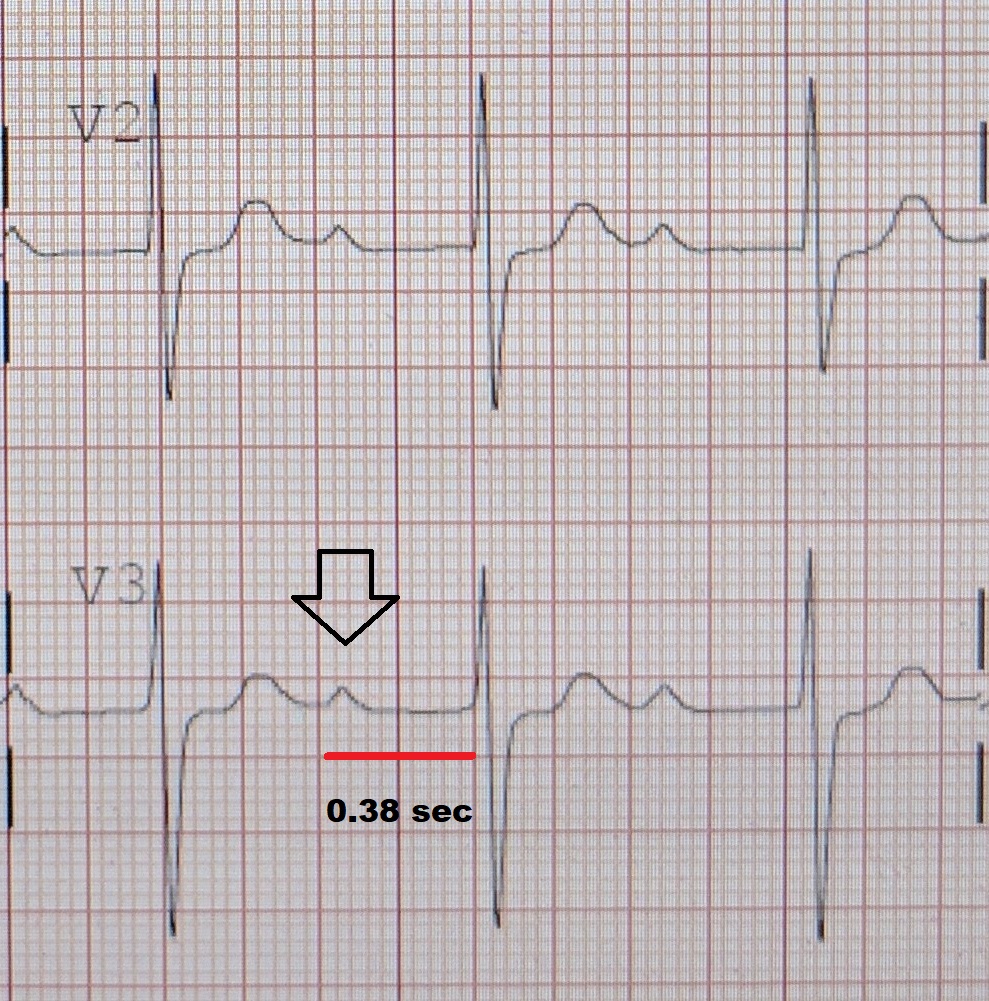

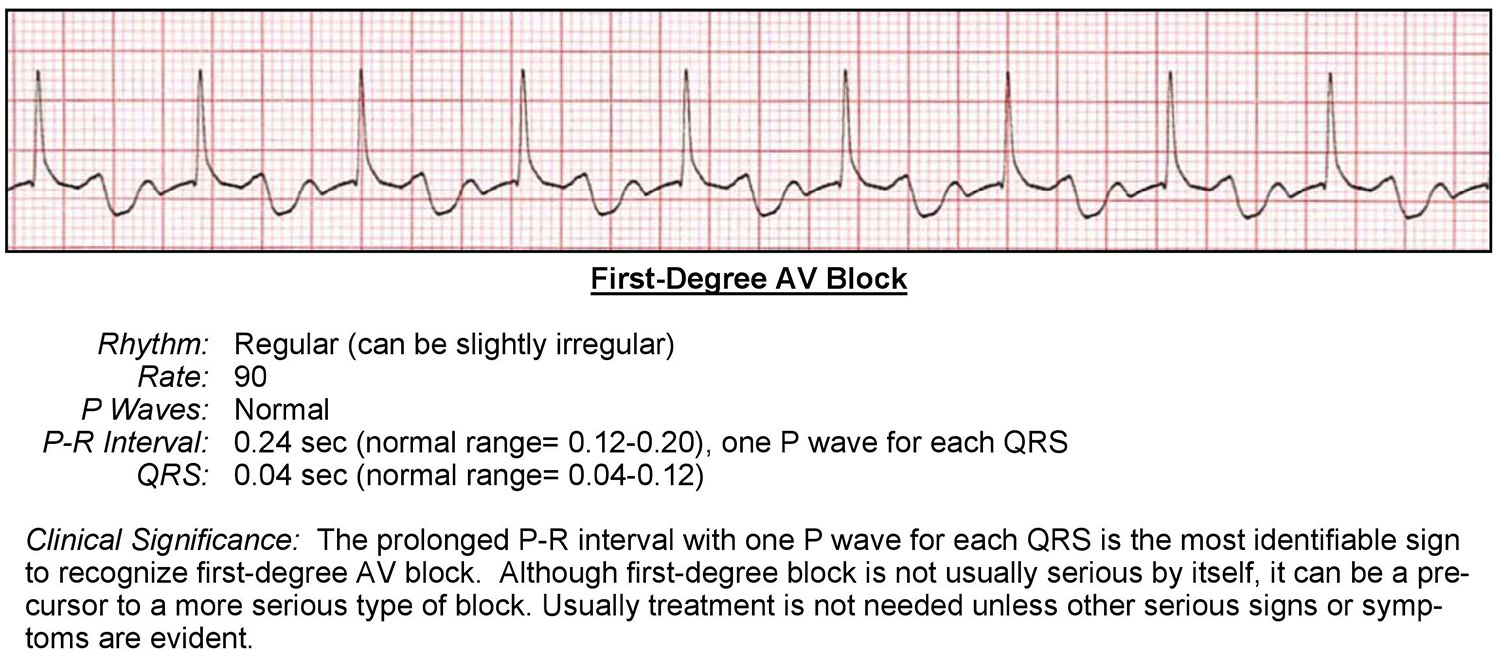
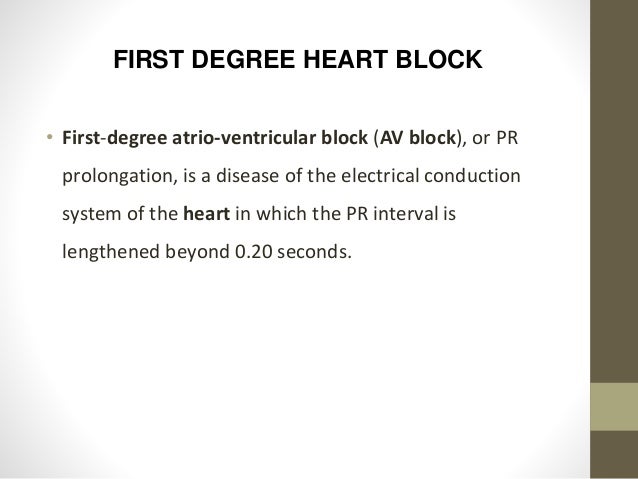
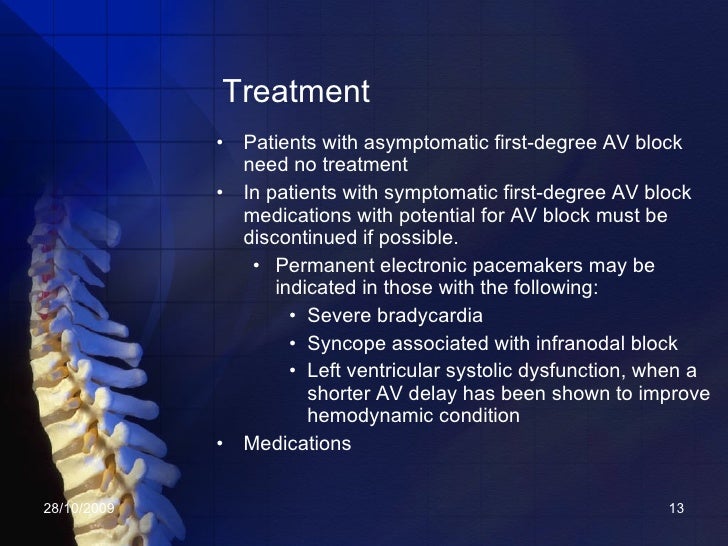
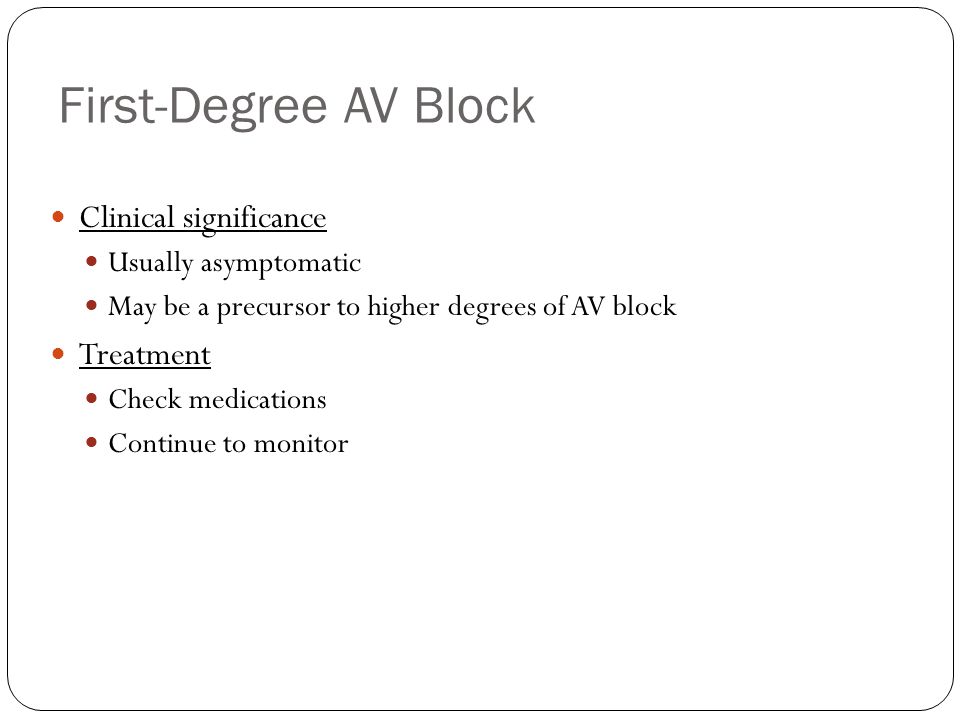


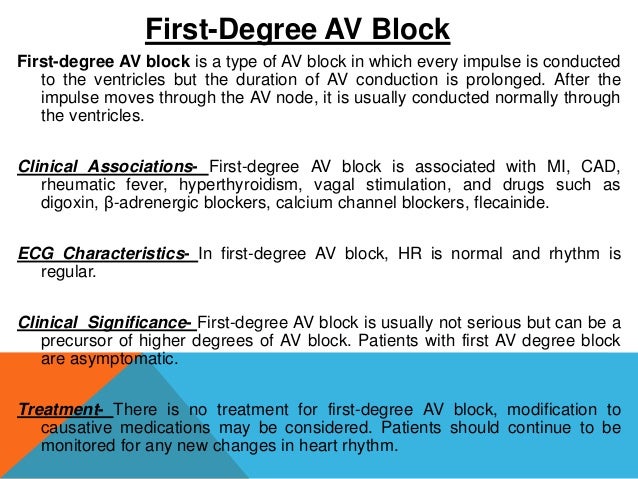
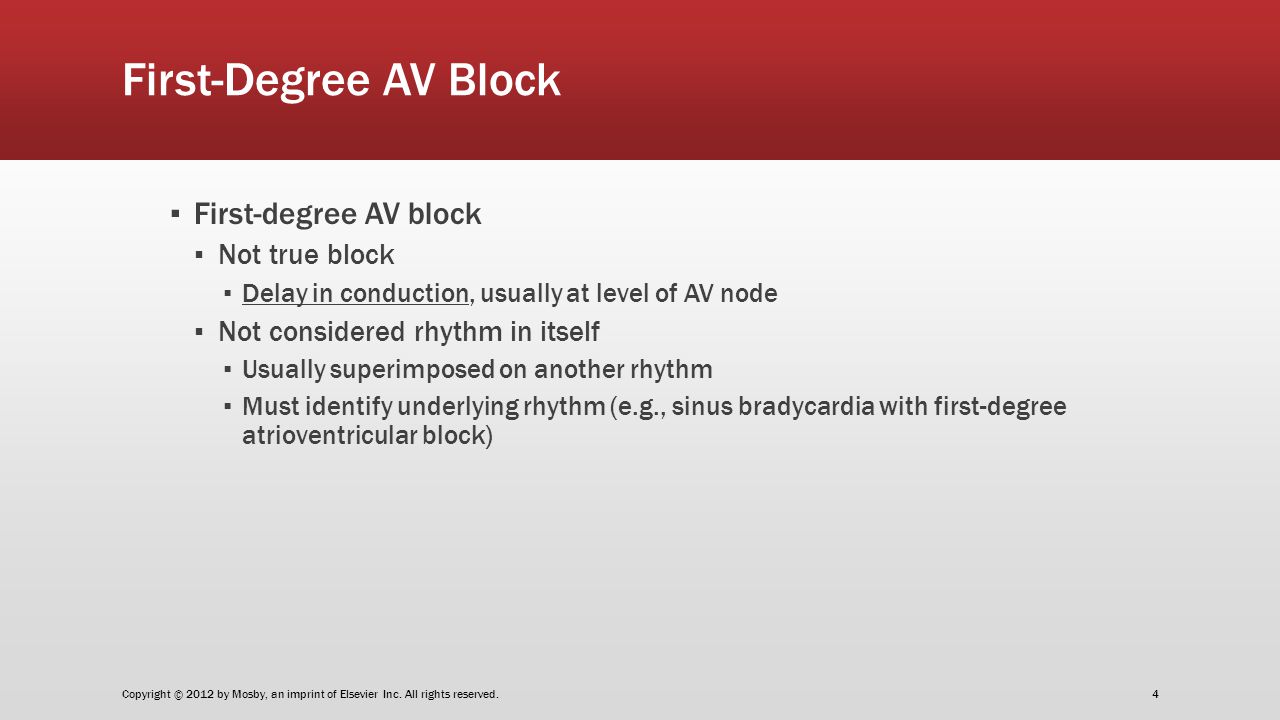

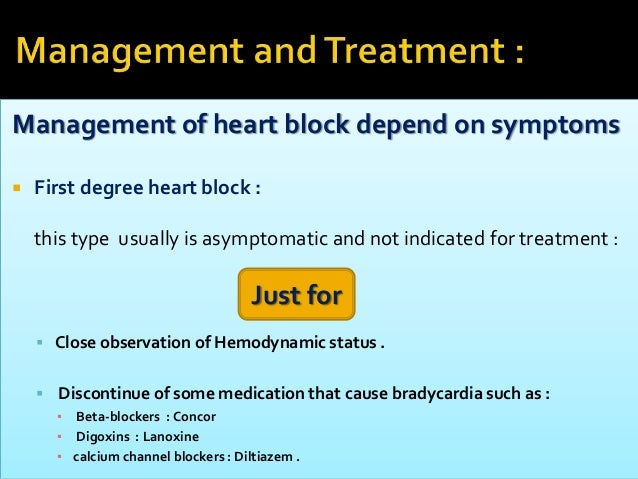
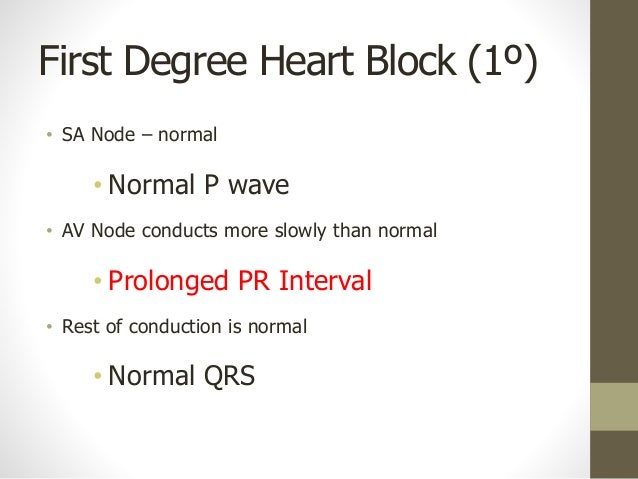





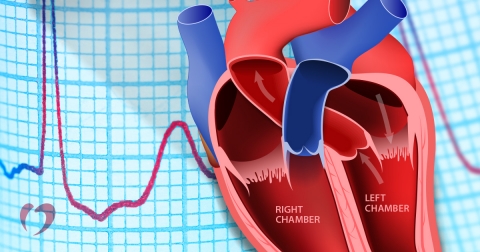




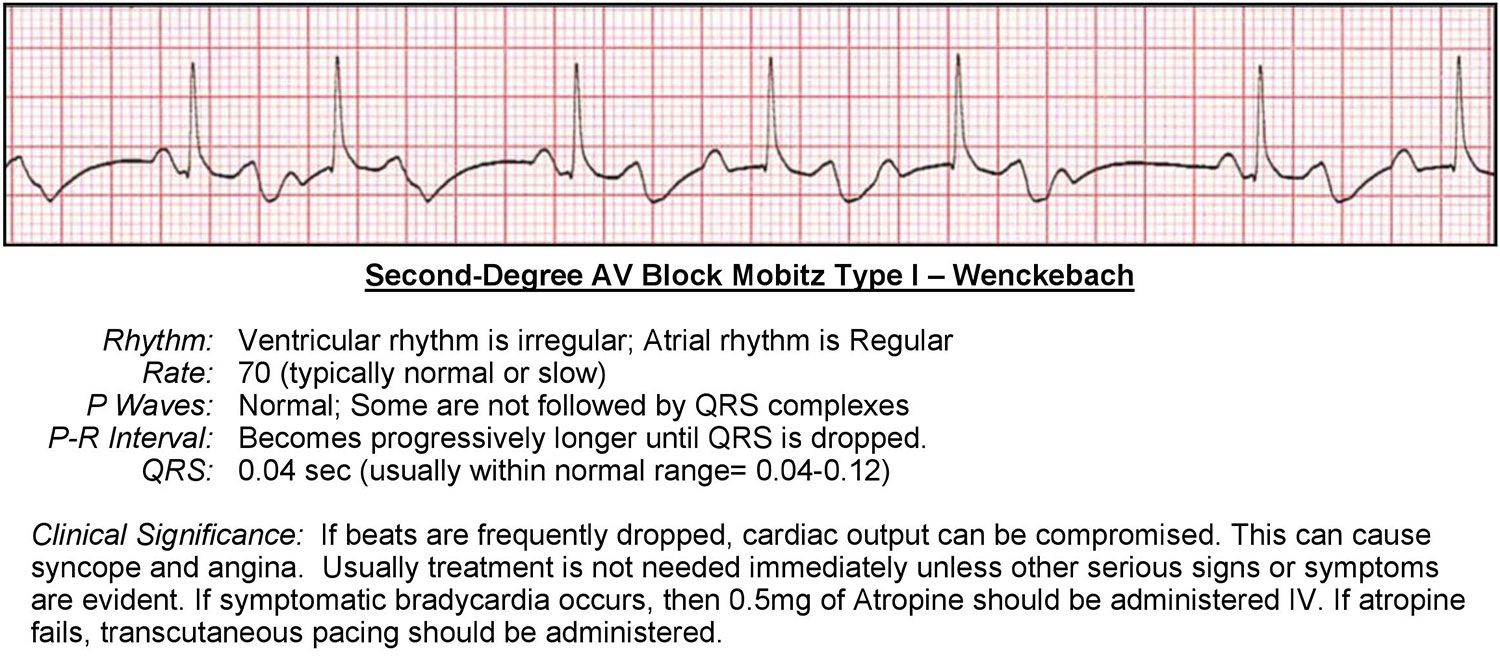



:max_bytes(150000):strip_icc()/iStock-616893490-59270be03df78cbe7eef363d.jpg)



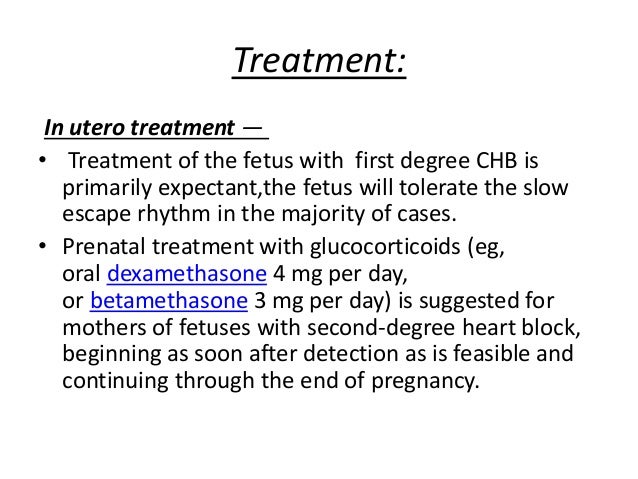


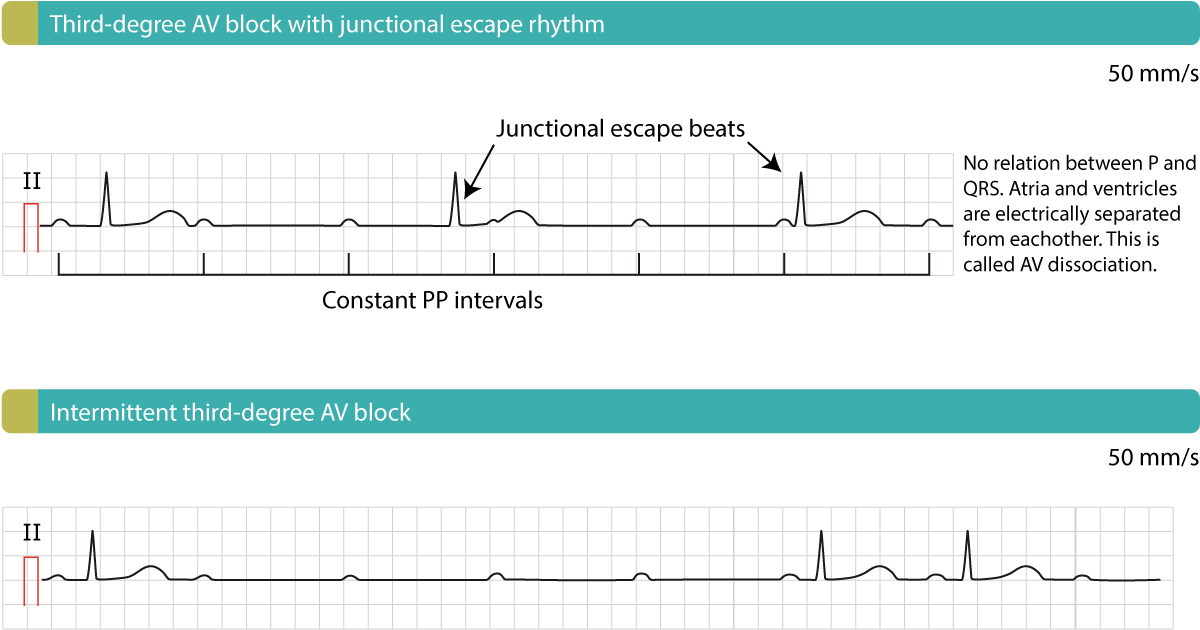






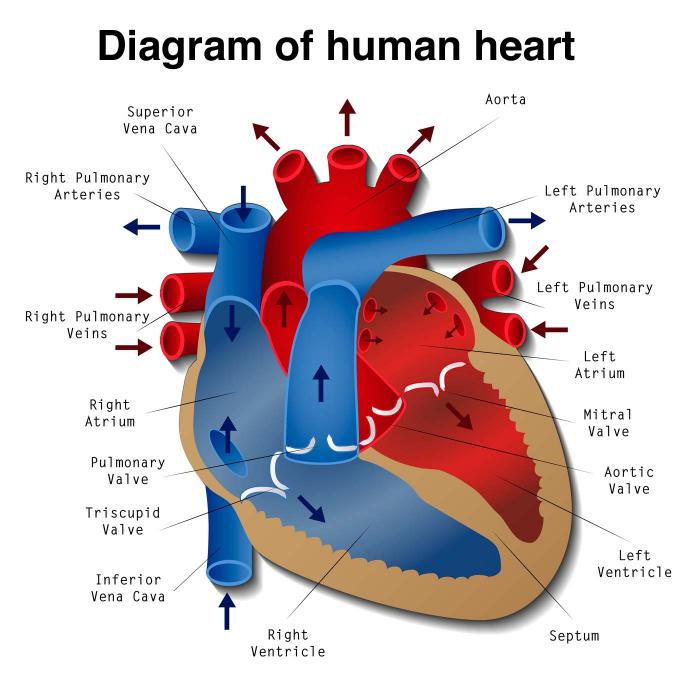
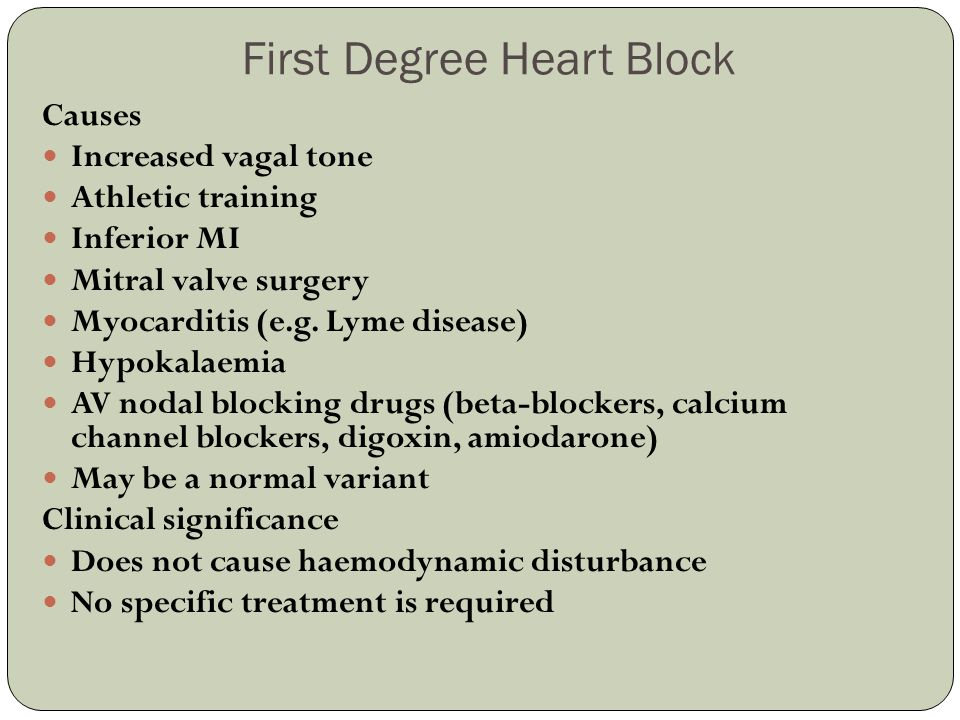




Posting Komentar untuk "First Degree Av Block Treatment"